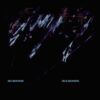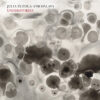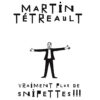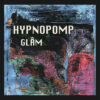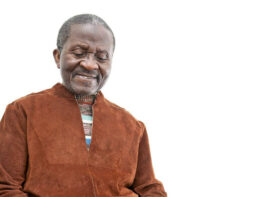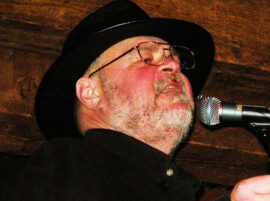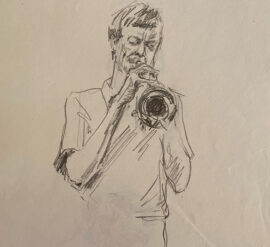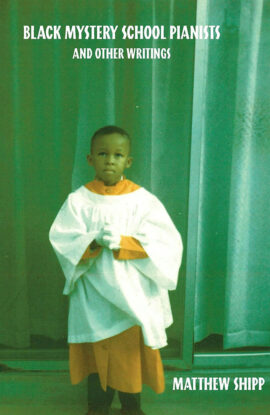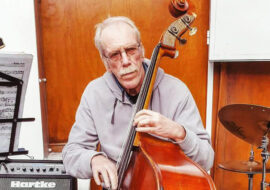
Japanese-born pianist, composer and multi-instrumentalist Rieko Okuda, who have made a name among new generation of the Berlin improvised scene, has settled in Europe after MA in piano at Juilliard School of Music in New York. She started playing the piano at the age of three, and in her early age she won Kaizuka City Piano Competition. She would discover jazz as adolescent while still interested in punk music. Landing in Philadelphia, she would make her alphabet with saxophonist and a bandleader Bob Mintzer at first, following stints with Jon Faddis and John Fedcheck. Joining a band of alto-saxophonist Marshall Allen of Sun Ra Arkestra followed, for two years, working also with Elliot Levine, cellist of Cecil Taylor, and Calvin Weston, drummer of Ornette Coleman’s Prime Time Band.
In Berlin, she develops projects with Finn-American double-bassist Antti Virtaranta with whom she plays in Project VO and Akvariettrio. Her another piano trio is called Cleaning Each Other, as much as collaborations with musicians like Audrey Chen, Els Vandeweyer, Susanne Zapf, Yuko Kaseki, Axel Dörner, Norbert Stammberger, and Otto Szabolcs Horvath, a.o. She also performed at XChange Festival, Experymental Festival and the Art-Sound Festival. In 2014, she arranged Japanese pop-star, Yuzu’s song «Ame Nochi Halelujah» that would receive a Japan Record Award 2014.
Okuda’s first solo-release «paranoRM» for grand piano, vonsists of 2 pieces, and an opening is an untitled 3-way suite that bridges the gap among the academic and non-academic minimalism, followed by a composition of various composers, including Okuda herself, an impressionistic array poignant with multiphonic lyricism. Opening by an analogue point of Theremin-related pitch, «I» quickly evolves into barrage of clusters a bit shorter from 20 minutes – in total with «II» and «III». While stomping the piano in the clustering fashion reminiscent of Charlemagne Palestine, Okuda prefers electric qualities of an acoustic instrument. Mine-fielding an instrument so that it could emanate its own hidden harmonics was a radical tactic once employed by Basque Country’s noisician, Mattin, who would slam hard over his laptop if only to release instruments’ own static. Thus, we are coming closer to Okuda’s intention, because the last chapter of this percussive electronic trance brings Steve Reich’s «Pendulum Music» to mind, where the microphones tuned into their respecive phases would be hitting against each others’ feedback. How does Okuda do this and which methods are employed is yet impossible to understand solely from an acoustic medium. Maybe this release is short of a CD-ROM format we used to have not so long ago?
The final, fifth selection of four pieces by Okuda herself, plus composers Lluis Enguix Perez, Jesus Calabuig Mor, Oliver Orthuber is joint into two tracks, «IV/V» and presents lyrical side of pianists impressionistic work ratio. Picking it from a repetitive Chopin-reminiscent pattern and deconstructed on the way, and employing the texture of leaking harmonics it evolves into Rachmaninov-like poly-pianistic marching tune. Ruled by a thumb of visceral, this body of sound abandons stereotypes of piano-improv into an eerie momentum for an average Joe. One thing true, Rieko Okuda has slashed her homework in two with a sharp electric razor. Definitely not a soft-as-a-prayer type …
Vid Jeraj
Rieko Okuda (p)

